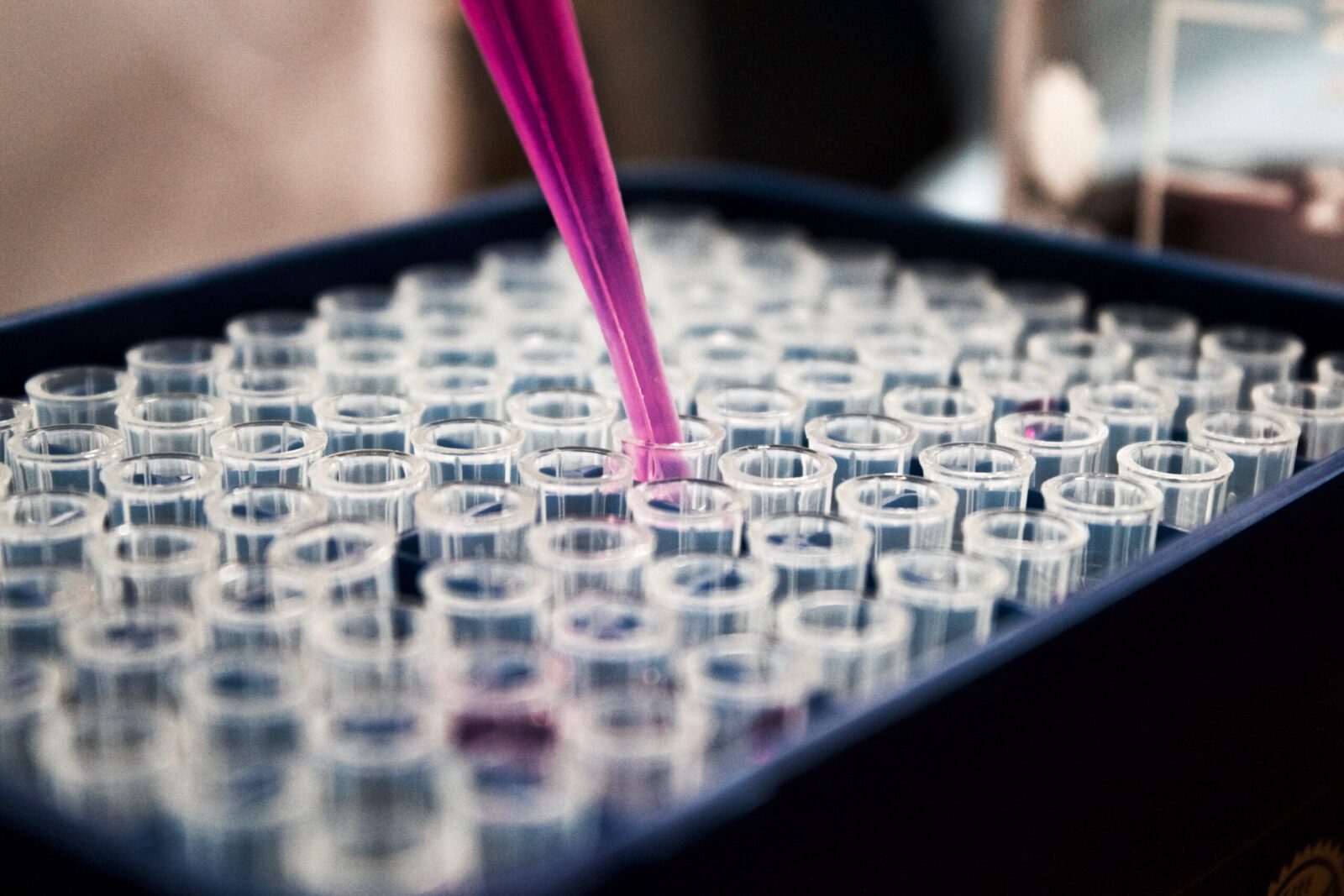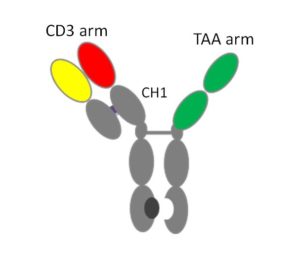In designing cell culture processes for the manufacture of biologics, we often place the greatest focus on product titer. Titer is determined by multiplying together two factors: the amount of product created by each individual cell (cell-specific productivity) and the mass of cells in the bioreactor (accumulated cell mass). However, this calculation does not consider the structural characteristics and quality of therapeutic monoclonal antibodies (mAbs). It turns out that subvisible particles (SVPs), soluble aggregates and fragmentated forms of the mAb product can be impacted by intracellular events. Natalie E. Talbot and colleagues from the University of Kent, working with a formulation team from Medimmune, have found that mAb product quality is impacted by cellular endoplasmic reticulum (ER) stress, and they reported a method for predicting formulated mAb stability from Chinese hamster ovary cell lines using markers of ER stress. In the article entitled “Application of ER Stress Biomarkers to Predict Formulated Monoclonal Antibody Stability”, published recently in the Biotechnology Journal, the authors identified a stress profile using key unfolded protein response (UPR) and ER-associated degradation (ERAD) transcripts and correlated the profile to the stability of purified mAb as measured by SVP production. They grew cells under batch and fed-batch culture conditions for varying durations, then harvested and purified product. Their results demonstrate that purified mAb product harvested on day 9 of culture was more stable than mAb product harvested on day 13 and purified, as measured by SVP formation. This was predicted using cellular ER stress biomarkers and suggests that the profile of transcripts can be used as a tool to anticipate the decline of mAb stability. The full article can be found at Talbot NE, Mead EJ, Davies SA, Uddin S, Smales CM. Application of ER Stress Biomarkers to Predict Formulated Monoclonal Antibody Stability. Biotechnol J. 2019 October 14 (10):e1900024. PMID: 31119893.
Chamow & Associates assists companies to develop biologics for clinical testing and welcomes your inquiry.





